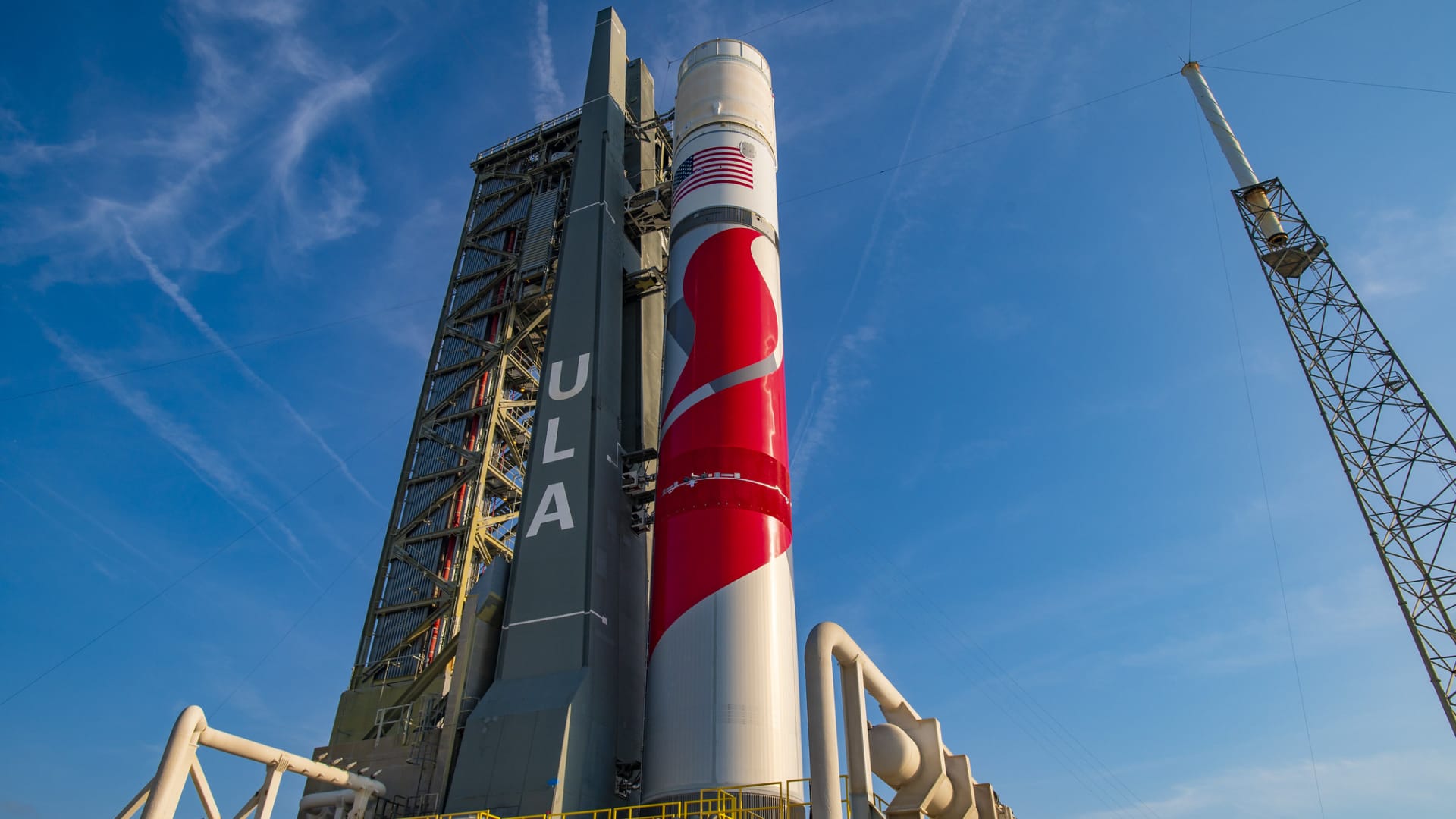The Vulcan rocket for the Cert-1 mission is currently undergoing testing at SLC-41 in Cape Canaveral, Florida. This rocket is being developed by United Launch Alliance. Sign up for CNBC’s Investing in Space newsletter to stay informed about the business of space exploration and privatization.
Testing is an important part of the rocket engine development process. Recently, there was an explosion during the testing of the BE-4 rocket engine, which was scheduled for use in United Launch Alliance’s Vulcan rocket. It’s essential to understand the different phases of rocket engine testing: development, qualification, and acceptance.
During the development phase, prototypes and smaller scale versions of the engine are pushed to their limits to identify flaws and limitations. Failures are expected in this phase. In the qualification phase, the engine design is essentially finished, and the engine’s capabilities are tested to verify its margins. While engine failures can still occur, they should be less common. In the acceptance phase, the engine is considered ready for production and is being checked before a launch. It may be pushed slightly beyond what is necessary for a launch, but the testing process is more refined.
Most of the reported cases of rocket engine failures happen during the development and qualification phases. However, in the case of the BE-4 engine, it was a production engine that exploded, which is concerning considering the engine’s delayed schedule and the significance of the setback.
The impact of this incident extends beyond the current launch, Cert-1. United Launch Alliance needs Vulcan to complete two successful launches before the U.S. Space Force approves it for valuable national security missions. With SpaceX dominating the launch market, there are concerns about a monopoly. ULA’s recently assigned Space Force missions are all planned to be carried out by Vulcan, as their other operational rockets are being retired.
While this incident may not have a direct impact on Cert-1, there are concerns about Cert-2. ULA’s CEO believes that the failure of the BE-4 engine in acceptance testing should not affect the previous qualification tests conducted by Blue Origin. However, the investigation needs to be closed, future production engines need to be checked for similar flaws, and replacements need to be tested.
In conclusion, rocket engine testing is a crucial part of the development process, and failures can occur at any phase. The recent incident with the BE-4 engine highlights the importance of thorough testing and the potential impact on launch schedules and mission success.

